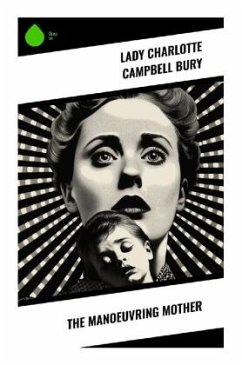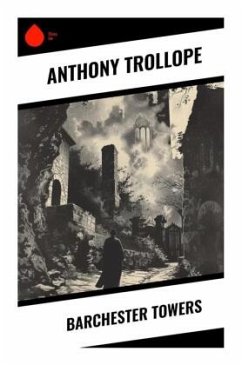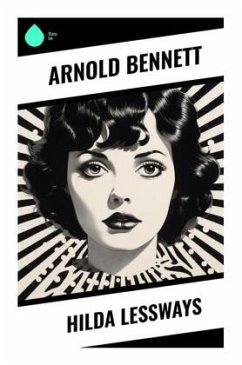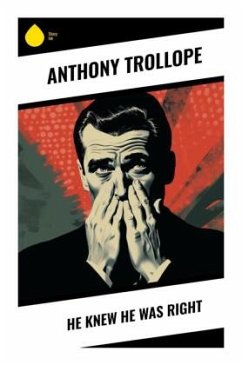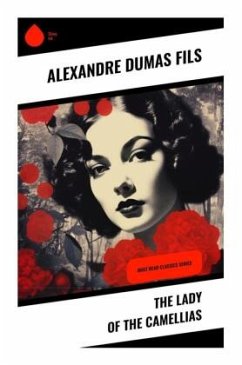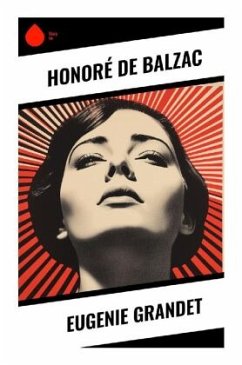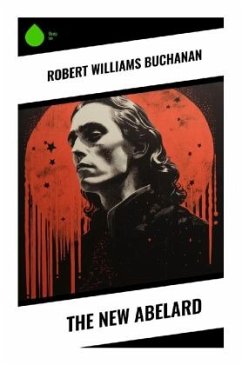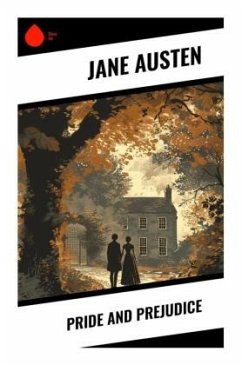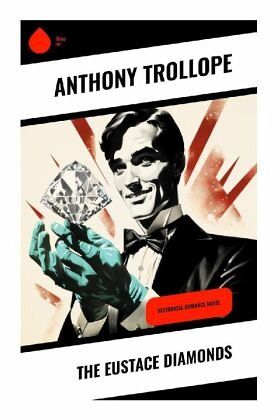
The Eustace Diamonds
Historical Romance Novel
Versandkostenfrei!
Versandfertig in 6-10 Tagen
20,40 €
inkl. MwSt.

PAYBACK Punkte
0 °P sammeln!
In "The Eustace Diamonds," Anthony Trollope delivers a richly woven narrative that plunges into the complexities of wealth, social status, and moral ambiguity within Victorian England. The novel artfully blends vivid characterizations with incisive social commentary, following the plight of Lizzie Eustace, a young widow embroiled in a contentious battle over a diamond heirloom. Trollope's skillful use of irony and humor juxtaposed with a keen examination of societal norms showcases his mastery of the serialized form, inviting readers to both critique and empathize with his characters as they n...
In "The Eustace Diamonds," Anthony Trollope delivers a richly woven narrative that plunges into the complexities of wealth, social status, and moral ambiguity within Victorian England. The novel artfully blends vivid characterizations with incisive social commentary, following the plight of Lizzie Eustace, a young widow embroiled in a contentious battle over a diamond heirloom. Trollope's skillful use of irony and humor juxtaposed with a keen examination of societal norms showcases his mastery of the serialized form, inviting readers to both critique and empathize with his characters as they navigate the treacherous waters of ambition and love in high society. Trollope, a prominent figure in Victorian literature, was influenced by his extensive experiences in both politics and the postal service, which provided him a unique lens to observe the intricacies of social interactions and the struggles inherent in class distinctions. Writing during a period of significant societal transformation, Trollope's keen insights into both gender and financial relations underscore the challenges faced by women, particularly in terms of agency and autonomy, as exemplified through Lizzie's character. Readers are encouraged to delve into "The Eustace Diamonds" not only for its gripping narrative but also for its thought-provoking exploration of moral dilemmas amidst the relentless march of social progression. For those keen on the intersection of personal ambition and societal expectation, Trollope's work remains a timeless reflection on the human condition.



